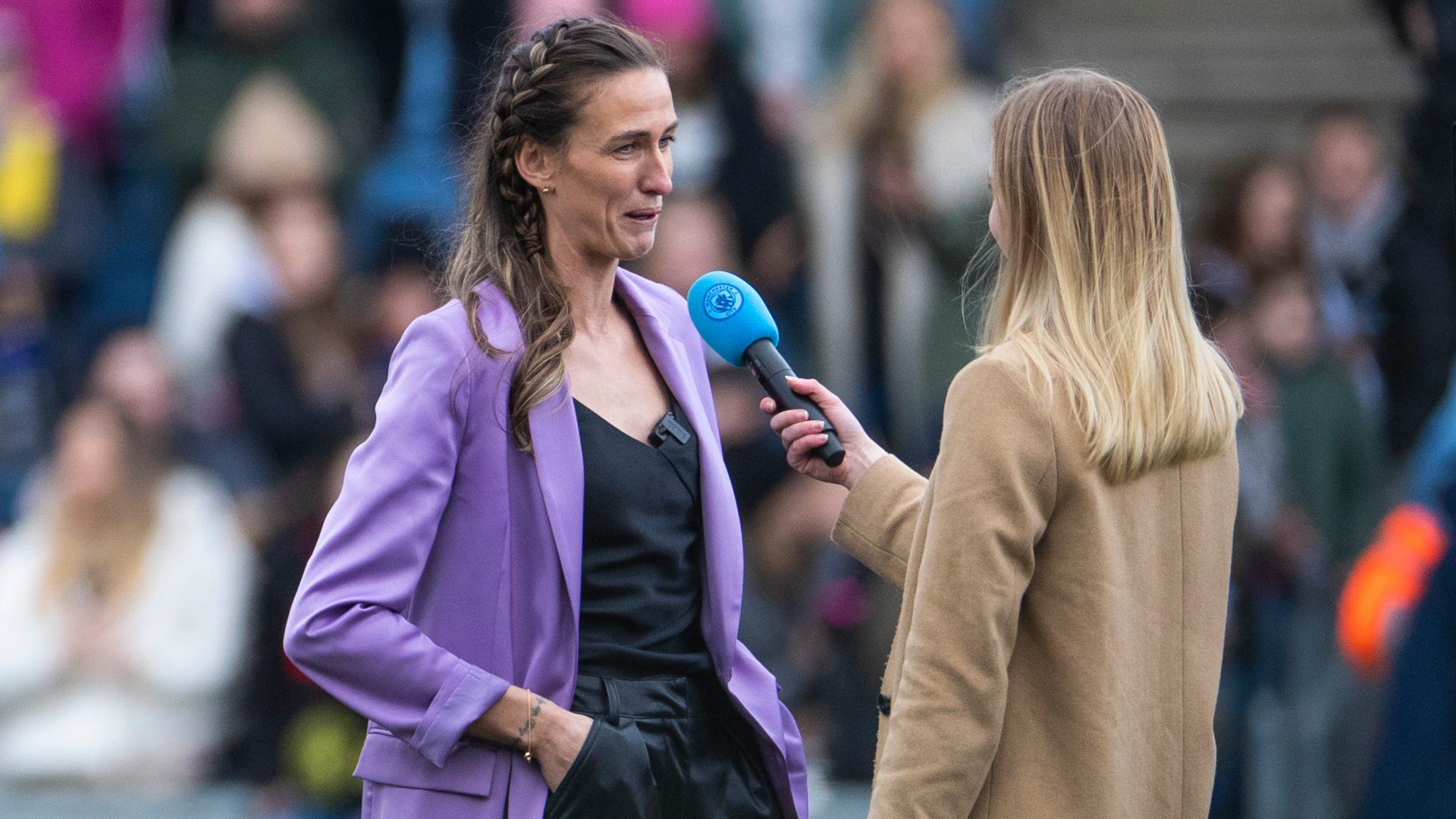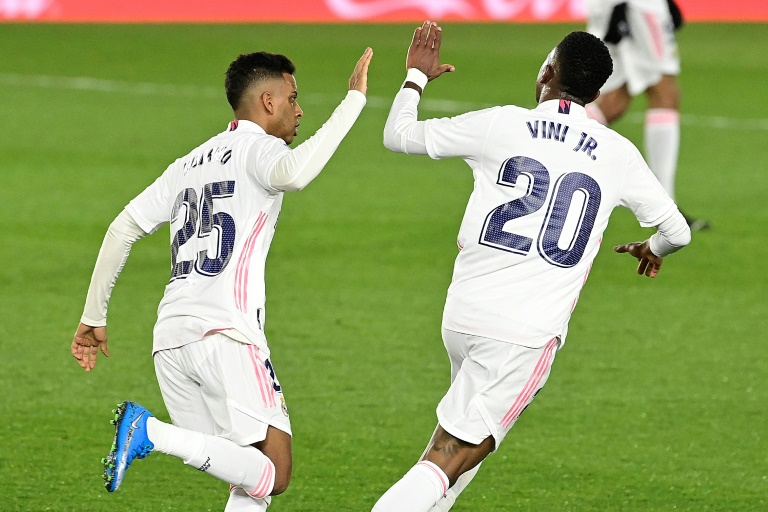
Jill Scott wants to ensure the foundations of women’s football remain firmly intact amid the game’s rapid acceleration, warning it must not go “too fast”.
Ex-Lioness Scott, 36, was part of the squad that won Euro 2022 at Wembley and called quits on her playing career following last summer’s monumental win — England’s first in a major tournament.
Though the popularity of women’s football had been building for years, that victory catapulted the game — and particularly those who play at elite level –— into unprecedented territory, sparking a seismic shift that has since led to fundamental changes at every level.
Scott, addressing the Women in Football’s Be Inspired conference, said: “What I love about girls’ and women’s football, it’s been a tough journey but I feel like we’ve really built the structure as we’ve gone.
“I think we’ve got these real, sturdy blocks now. We’ve got the Euros, we’ve got the academies, all that stuff. So I just don’t want it to go too fast yet.
“Obviously we always want better. You get a nice car, you want a better one, you get a nice house, you want a better one, but I think we have to make sure we are facilitating those girls in a safe space.
“And on the back of the Euros, each of the 23 players have their own football pitch in their area, which is brilliant.”
Scott was the first of the Lionesses to open one of 23 pitches, jointly funded by the government, the FA and the Premier League’s Football Foundation, set to be named after each of the European champions and built near the players’ hometowns.
“The facility named after Scott was unveiled last month at the Perth Green Community Centre in Jarrow, down the road from her native Sunderland, and boasts floodlights and 3G pitches.
She said: “Girls’ and women’s football is now going to take priority on those pitches. I turned up to open this pitch and I thought, ‘Oh, it’s going to be just a little pitch or whatever’.
“It’s like a half-a-million-pound investment. I nearly came out of retirement!”








